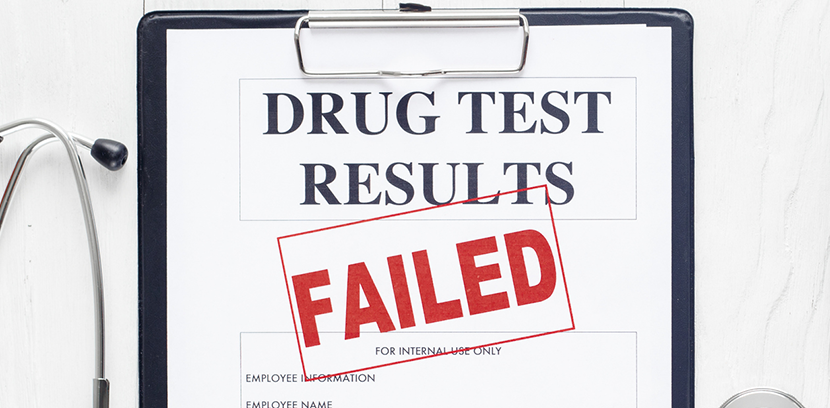Top 5 Scariest Job Interview Questions

It's the most frightening time of the year. Yards are decorated with ghouls and goblins who'll soon be at your door asking for treats. Or maybe it's the most frightening time of your career search - when job interview questions can scare the wits out of you! Let us dig deeper into some of the creepiest questions that candidates might be asked during their next interview.
Have you ever been arrested or convicted of a crime?
Many applicants will wonder if that “public drunkenness” charge from college will show up. With Ban the Box regulations slowly sweeping the nation, asking about criminal convictions is actually illegal in some states. Even still, some employers may ask the question because they aren't aware that it is illegal to do so. You should answer truthfully but you should also know your rights. Not answering the question, even if it is against the law for an employer to ask, can put you in a precarious position. Also, understand the difference between being arrested for a crime and being convicted of one. An arrest does not mean that you were found guilty of a crime while being convicted, does.
See also: What employers should know about Ban the Box
Are you on social media?
Is last night's selfie going to be scrutinized by your potential employer? Searching an applicant's social media profiles is not suggested as part of a background check unless social media or public relations is actually a part of their job duties. Often, social media may be the reason the employer contacted the job candidate. Many recruiters are now using social media to help with finding the perfect person to fill a position. Your social media profile could help or hinder your career search. Also, be aware of stolen identity online or even the possibility that someone could have the same name as you. Remember, what you say online could come back to haunt you in the worst way.
See Also: Can you include social media in background checks?
Do you agree to a drug test?
Whether you're the occasional toker or have never touched the stuff, applicants still get nervous about the drug test. Sometimes, even after you get the job, employers may perform random drug testing on their employees. With the legalization of marijuana in some states, this question seems to be tricky. Employers can actually still fire employees for drug use, marijuana included, because it is still illegal under federal law. Understanding what you will be screened for and how should help ease your mind.
See Also: What you should know about pre-employment drug screening
Do you agree to a background check?
How many skeletons will your future employer find in your closet? A background screening can be a frightening prospect to an applicant. There's the potential of identity theft or things showing up incorrectly on your record. What if the employer accidentally pulls the background check of someone with the same name as yours and the results are anything but complimentary? Before an employer can perform a background check on an applicant, they must get your consent. Before an employer can deny you a job based on that background check, they must provide you with a copy of the background check and allow you a reasonable period of time to dispute the findings.
See Also: How to obtain applicant consent to a background check
Do you agree to a credit check?
Will that bad business deal stop you from getting the job you need to pay it off? Some states have passed legislation to prevent employers from inquiring about a candidate's credit history. With the ups and downs in the economy in the past decade, an applicant's credit history is not necessarily a good gauge to determine whether they are a great fit in an organization. Unless the position is related to financial decisions or actually handling money, a credit check may not be necessary. Just as with background checks, if an applicant consents to a credit report and the position is denied due to the findings on the credit report, the applicant must be given a copy of the report as well as reasonable time to challenge the findings.
See Also: When should an employee run a credit history on a job applicant?
Understanding your rights as an applicant can make the job interview process much less frightening. Remember that the hiring manager isn't a zombie from Night of the Living Dead, waiting to eat your brains. They are doing their job to make sure you're one of their own... wait a minute... *cue evil laugh*
Share this
You May Also Like
These Related Stories

How to Run Background Checks on Employees

What Happens When an Employee Fails a Drug Test?

